April 13 stands as one of history’s most eventful days, witnessing the rise and fall of empires, groundbreaking discoveries, and moments that shaped our modern world across centuries of human achievement.

Politics and Government Events on April 13
1919 – Jallianwala Bagh Massacre in Amritsar
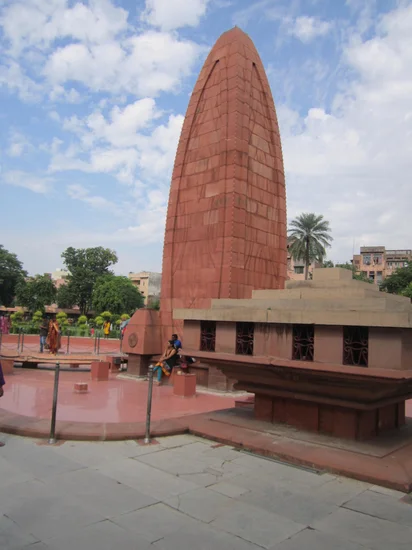
British Indian Army troops led by Brigadier-General Reginald Dyer opened fire on unarmed demonstrators in Amritsar, India. The brutal attack killed approximately 379-1,000 civilians and wounded around 1,500 more.
This massacre became a turning point in India’s independence movement. The international outcry over the senseless violence galvanized opposition to British colonial rule throughout the subcontinent.
1953 – CIA Launches Project MKUltra
CIA Director Allen Dulles authorized the controversial mind-control program Project MKUltra on this date. The secret project aimed to develop interrogation methods and explore psychological manipulation techniques.
The program would conduct unethical experiments on unwitting subjects for decades. These covert operations later sparked major investigations and reforms in intelligence oversight.
1972 – Universal Postal Union Recognizes People’s Republic of China
The Universal Postal Union officially recognized the People’s Republic of China as the sole legitimate Chinese representative. This decision effectively expelled the Republic of China administering Taiwan from the international postal system.
The move reflected growing international recognition of mainland China during the Cold War era. Taiwan’s diplomatic isolation deepened as more organizations shifted their recognition to Beijing.
1975 – Lebanese Civil War Begins

Phalangist resistance forces attacked Popular Front for the Liberation of Palestine militia members, killing 26 people. This violent confrontation marked the beginning of Lebanon’s devastating 15-year civil war.
The conflict would tear the country apart along sectarian lines for over a decade. Multiple foreign interventions and proxy wars transformed Lebanon into a battleground for regional powers.
2013 – Palestinian Prime Minister Salam Fayyad Resigns
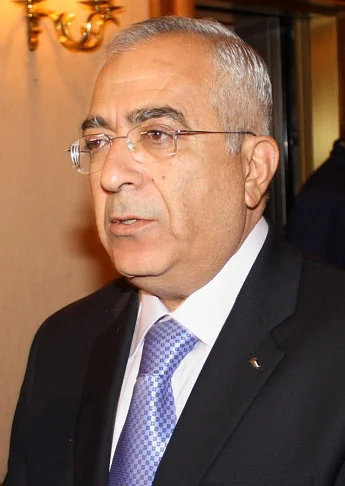
Salam Fayyad stepped down as Prime Minister of the Palestinian National Authority following prolonged disputes with President Mahmoud Abbas. His resignation ended a tenure marked by economic reforms and institution-building efforts.
Fayyad’s departure represented a significant shift in Palestinian leadership dynamics. International observers had praised his technocratic approach to governance and anti-corruption initiatives.
Military and Naval History on April 13
1941 – USSR-Japan Neutrality Pact Signed

The Soviet Union and Japan signed a crucial neutrality agreement that would shape Pacific War strategy. This pact allowed both nations to focus their military resources on other fronts during World War II.
Stalin could now concentrate Soviet forces against Germany without fear of Japanese attack. Japan gained security for its northern flank while pursuing expansion in Southeast Asia and the Pacific.
1943 – Katyń Forest Massacre Discovery Announced
German forces announced the discovery of mass graves containing Polish prisoners of war killed by Soviet forces in the Katyń Forest. This revelation created a devastating diplomatic crisis between the Polish government-in-exile and the Soviet Union.
The Soviets denied responsibility for the massacre, blaming German forces instead. This controversy would poison Soviet-Polish relations for decades and become a symbol of Stalinist brutality.
1945 – Soviet and Bulgarian Forces Capture Vienna
Allied forces under Soviet command successfully captured the Austrian capital after fierce urban fighting. The fall of Vienna marked another major step toward Nazi Germany’s final collapse.
The city’s liberation came at tremendous cost to both military forces and civilians. Soviet control of Vienna would significantly influence Austria’s post-war political development and occupation arrangements.
1945 – Gardelegen Massacre Perpetrated
German troops murdered over 1,000 political and military prisoners in Gardelegen, Germany, as Allied forces approached. This atrocity demonstrated the Nazi regime’s continued brutality even in its final days.
The massacre occurred when retreating SS units forced prisoners into a barn and set it ablaze. American forces discovered the horrific scene shortly after liberation, documenting yet another war crime.
1972 – Battle of An Lộc Begins
North Vietnamese forces launched a major offensive against the strategic South Vietnamese city of An Lộc. This battle became one of the most significant confrontations of the Vietnam War’s later phase.
The siege would test both South Vietnamese military capabilities and American air support effectiveness. The prolonged battle demonstrated the continuing intensity of the conflict despite ongoing peace negotiations.
Science and Discovery Milestones on April 13
1960 – First Satellite Navigation System Launched

The United States successfully launched Transit 1-B, the world’s first operational satellite navigation system. This groundbreaking achievement revolutionized navigation technology for both military and civilian applications.
The satellite provided accurate position fixes for ships and submarines across the globe. This innovation laid the foundation for modern GPS technology that billions of people rely on daily.
1970 – Apollo 13 Oxygen Tank Explosion

An oxygen tank aboard the Apollo 13 Service Module exploded en route to the Moon, creating a life-threatening emergency. The crew faced severe damage to their command and service module while traveling through deep space.
Mission Control and the astronauts worked together to devise creative solutions for survival. Their successful return to Earth became one of NASA’s greatest triumphs of human ingenuity and teamwork.
1909 – Sultan Abdul Hamid II Overthrown
The 31 March Incident culminated in the overthrow of Ottoman Sultan Abdul Hamid II. This political upheaval represented a major victory for the Young Turk movement and constitutional reformers.
The sultan’s removal marked a crucial step toward modernizing the Ottoman Empire. However, the political instability also contributed to the empire’s eventual dissolution after World War I.
Cultural and Arts Events on April 13
1964 – Sidney Poitier Wins Best Actor Oscar
Sidney Poitier became the first African-American man to win the Academy Award for Best Actor for his role in “Lilies of the Field.” This historic achievement broke a significant barrier in Hollywood recognition.
Poitier’s victory represented a milestone in the civil rights movement and entertainment industry. His success opened doors for future generations of Black actors and filmmakers in American cinema.
1924 – A.E.K. Athletic Club Established
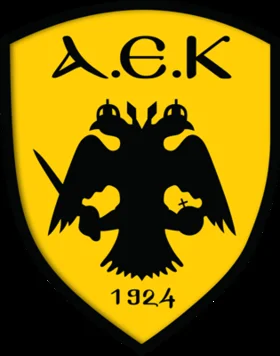
Greek refugees from Constantinople founded A.E.K., a major multi-sport club, in Athens. The organization emerged from the displacement following the Greco-Turkish population exchange.
The club became a symbol of resilience for Greek refugees adapting to new lives. A.E.K. would grow into one of Greece’s most successful and popular athletic organizations.
1943 – Jefferson Memorial Dedicated

The Jefferson Memorial was officially dedicated in Washington, D.C., on the 200th anniversary of Thomas Jefferson’s birth. This neoclassical monument honored the third President and principal author of the Declaration of Independence.
The memorial’s design reflected Jefferson’s architectural preferences and democratic ideals. The dedication ceremony occurred during World War II, emphasizing America’s commitment to founding principles.
Religious and Social Events on April 13
1948 – Hadassah Medical Convoy Massacre
Arab forces ambushed a medical convoy traveling to Hadassah Hospital, killing 78 Jewish doctors, nurses, medical students, and a British soldier. This tragic event occurred in the Sheikh Jarrah neighborhood of Jerusalem.
The massacre shocked the international community and highlighted the deteriorating situation in Palestine. The attack on medical personnel violated accepted standards of conduct even during wartime.
1976 – Two-Dollar Bill Reintroduced
The United States Treasury Department reintroduced the two-dollar bill as a Federal Reserve Note on Thomas Jefferson’s 233rd birthday. This decision was part of the United States Bicentennial celebration.
The bill’s return aimed to reduce production costs and honor Jefferson’s legacy. Despite initial public interest, the denomination struggled to gain widespread acceptance in everyday commerce.
2006 – Chadian Capital Attack Repelled
The United Front for Democratic Change launched an unsuccessful attack on N’Djamena, Chad’s capital city. Government forces successfully defended the city against rebel forces seeking to overthrow the regime.
The failed assault demonstrated ongoing political instability in the region. International observers worried about the conflict’s potential to destabilize neighboring countries and humanitarian conditions.
Business and Economic Events on April 13
1976 – Lapua Cartridge Factory Explosion
A devastating explosion at the Lapua Cartridge Factory in Finland killed 40 workers in the deadliest industrial accident in modern Finnish history. The blast occurred during ammunition manufacturing operations.
The tragedy prompted comprehensive reviews of industrial safety protocols throughout Finland. New regulations and safety measures were implemented to prevent similar catastrophic accidents in manufacturing facilities.
1997 – Tiger Woods Wins Masters Tournament

Tiger Woods became the youngest golfer ever to win the Masters Tournament at age 21. His dominant performance shattered tournament records and announced his arrival as golf’s next superstar.
Woods’ victory transcended sports, inspiring a new generation of diverse golfers. His success brought unprecedented media attention and commercial opportunities to professional golf.
2024 – Pentagon Documents Investigation
Federal agents raided Jack Teixeira’s residence in connection with leaked classified Pentagon documents that had appeared online. Teixeira was arrested the same day on charges related to national security breaches.
The investigation revealed serious vulnerabilities in classified information handling. The case highlighted ongoing challenges in protecting sensitive military and intelligence materials in the digital age.
Transportation and Infrastructure on April 13
1996 – Israeli Helicopter Strikes Ambulance
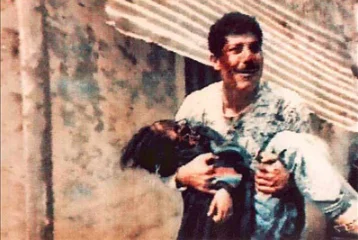
Israeli helicopter gunships fired rockets at an ambulance in Mansouri, Lebanon, killing two women and four children. The attack occurred during heightened tensions between Israeli forces and Lebanese militants.
The incident sparked international condemnation and calls for investigation. Medical vehicles’ targeting violated international humanitarian law protections for civilian medical personnel and facilities.
2009 – Kamień Pomorski Hostel Fire
A devastating fire swept through a homeless hostel in Kamień Pomorski, Poland, killing at least 22 people. The blaze highlighted serious safety deficiencies in social housing facilities.
Emergency responders struggled to evacuate residents from the burning building. The tragedy prompted nationwide reviews of fire safety standards in temporary housing and social service facilities.
2014 – Overland Park Shooting
A gunman killed three people in a shooting at Jewish community facilities in Overland Park, Kansas. The attack targeted the Jewish Community Center and a nearby retirement facility.
The hate crime shocked the local community and prompted increased security measures. Law enforcement agencies enhanced protection for religious facilities and community centers nationwide.
Sports and Recreation on April 13
1997 – Tiger Woods Masters Victory
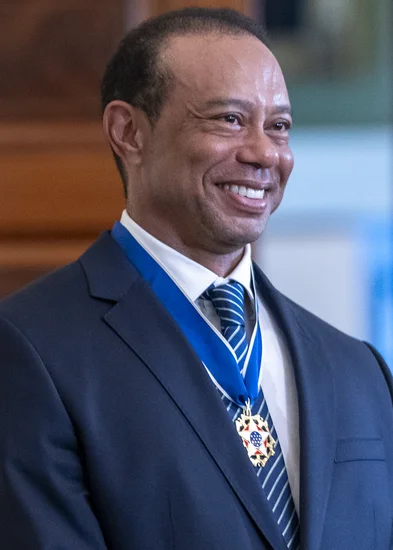
Tiger Woods achieved a historic victory at the Masters Tournament, becoming the youngest champion in tournament history. His record-breaking performance included the largest margin of victory in Masters history.
Woods’ triumph marked the beginning of his dominance in professional golf. The victory established him as a global sports icon and transformed golf’s popularity across diverse demographics.
2025 – Rory McIlroy Completes Golf’s Grand Slam

Rory McIlroy won the Masters Tournament to become only the sixth golfer in history to complete the career Grand Slam. His victory ended years of close calls and near-misses at Augusta National.
McIlroy’s achievement placed him among golf’s elite champions. The accomplishment validated his status as one of the game’s greatest players and capped a remarkable career milestone.
2024 – Westfield Bondi Junction Attack

A mass stabbing attack at Westfield Bondi Junction shopping center in Sydney killed six people and injured twelve others. The perpetrator was killed during the incident.
The attack shocked Australia and prompted discussions about public safety and security measures. Shopping centers nationwide reviewed their emergency response protocols and security arrangements.
Notable Births on April 13
1906 – Samuel Beckett Born
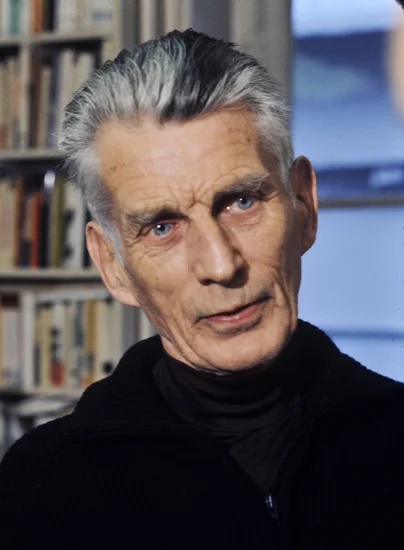
Irish novelist, poet, and playwright Samuel Beckett entered the world in Dublin. His early exposure to literature and languages shaped his future literary innovations.
Beckett would revolutionize theater with absurdist works like “Waiting for Godot.” His contributions to literature earned him the Nobel Prize and lasting influence on modern drama.
1939 – Seamus Heaney Born

Irish poet and playwright Seamus Heaney was born in County Derry, Northern Ireland. His rural upbringing provided rich material for his future poetic works.
Heaney became one of the most celebrated poets of his generation. His exploration of Irish identity and history earned him the Nobel Prize in Literature in 1995.
1963 – Garry Kasparov Born

Russian chess prodigy Garry Kasparov was born in Baku, Azerbaijan. His exceptional talent emerged early through rigorous training and competition.
Kasparov became the youngest world chess champion in history at age 22. His matches against computer Deep Blue helped popularize chess and artificial intelligence worldwide.
1920 – Howard Keel Born
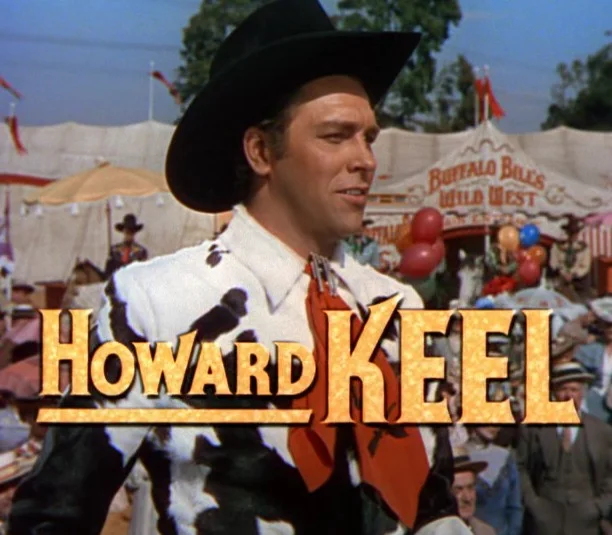
American actor and singer Howard Keel was born in Illinois. His powerful baritone voice and commanding stage presence made him ideal for musical theater.
Keel starred in classic Hollywood musicals including “Annie Get Your Gun” and “Show Boat.” His later television work in “Dallas” introduced him to new generations of fans.
1967 – Olga Tañón Born

Puerto Rican singer-songwriter Olga Tañón was born in Santurce, Puerto Rico. Her early musical training combined traditional Caribbean rhythms with contemporary pop influences.
Tañón became known as the “Woman of Fire” for her energetic performances. Her successful recording career earned multiple Grammy nominations and established her as a Latin music icon.
1978 – Carles Puyol Born

Spanish footballer Carles Puyol was born in Catalonia, Spain. His dedication and defensive skills emerged during youth football development programs.
Puyol captained FC Barcelona and the Spanish national team to numerous championships. His leadership helped Spain win the 2010 World Cup and Barcelona achieve unprecedented success.
1940 – J.M.G. Le Clézio Born
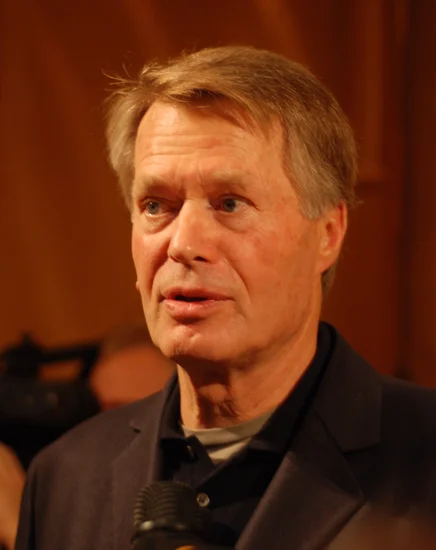
French-Mauritian author J.M.G. Le Clézio was born in Nice, France. His multicultural background influenced his diverse literary themes and settings.
Le Clézio’s novels explore themes of cultural displacement and identity. His innovative writing style earned him the Nobel Prize in Literature in 2008.
1928 – Alan Clark Born

English historian and politician Alan Clark was born in London. His aristocratic background provided access to political and literary circles from an early age.
Clark served as a Conservative Member of Parliament and government minister. His controversial diaries and historical works made him a prominent but polarizing public figure.
1947 – Al Green Born
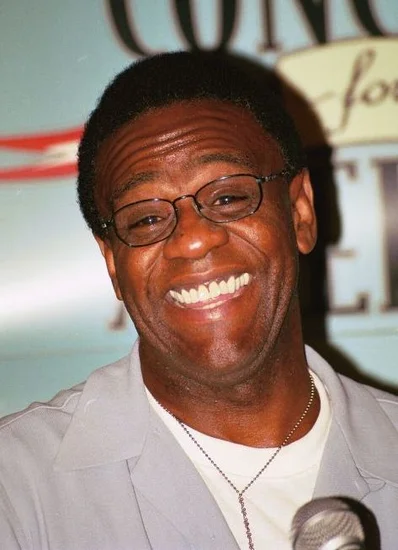
American singer-songwriter Al Green was born in Arkansas. His early exposure to gospel music in church shaped his distinctive vocal style and spiritual themes.
Green became one of soul music’s most influential artists with hits like “Let’s Stay Together.” His later ministry work combined his musical talents with religious devotion.
1950 – Ron Perlman Born
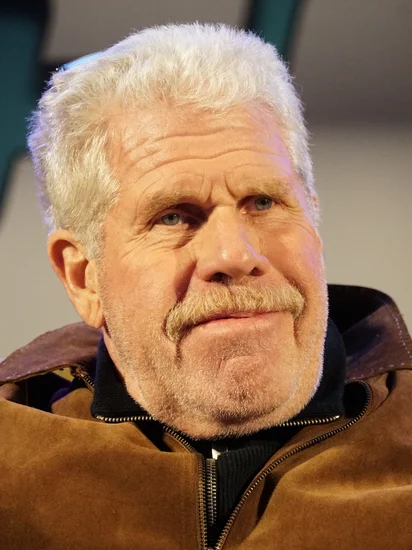
American actor Ron Perlman was born in New York City. His distinctive appearance and deep voice made him suitable for character roles and fantasy productions.
Perlman gained fame in television series “Beauty and the Beast” and “Hellboy” films. His versatile acting career spans decades of memorable character performances.
Notable Deaths on April 13
1941 – Annie Jump Cannon Dies
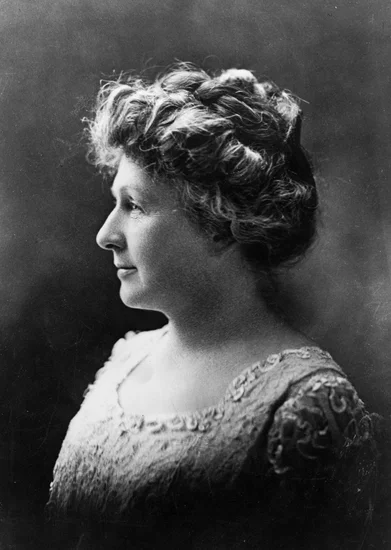
American astronomer Annie Jump Cannon passed away after revolutionizing stellar classification systems. Her work at Harvard Observatory catalogued hundreds of thousands of stars using spectroscopic analysis.
Cannon’s classification system became the international standard for stellar astronomy. Her contributions advanced understanding of stellar evolution and provided foundations for modern astrophysics research.
1959 – Eduard van Beinum Dies
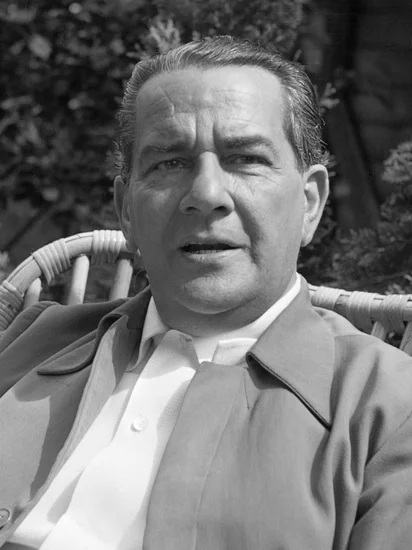
Dutch conductor Eduard van Beinum died at the height of his international career. His leadership of the Amsterdam Concertgebouw Orchestra established new standards for orchestral performance.
Van Beinum’s interpretations of classical and romantic repertoire earned worldwide acclaim. His sudden death deprived the classical music world of one of its most gifted conductors.
1966 – Georges Duhamel Dies
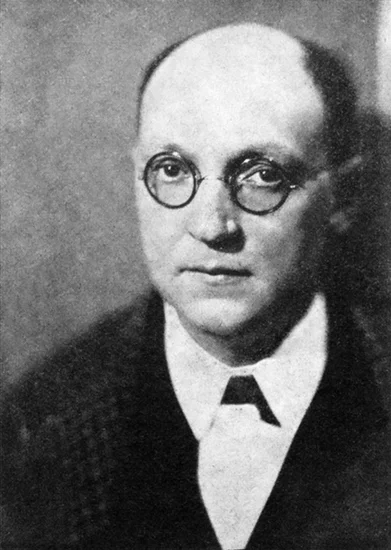
French author Georges Duhamel passed away after a distinguished literary career spanning both world wars. His experiences as a military surgeon influenced his humanistic writing and social commentary.
Duhamel’s novels and essays explored themes of human dignity and social responsibility. His membership in the French Academy recognized his contributions to French literature and culture.
1975 – François Tombalbaye Dies
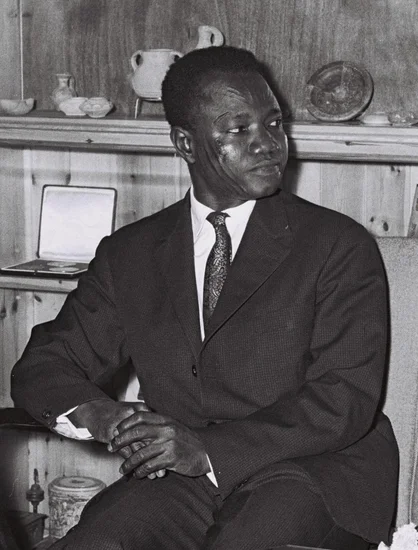
Chadian President François Tombalbaye was killed during a military coup that ended his authoritarian rule. His death marked the beginning of decades of political instability in Chad.
Tombalbaye’s regime had become increasingly unpopular due to economic mismanagement and political repression. His assassination initiated a cycle of coups and civil conflicts that plagued Chad for years.
1983 – Theodore Stephanides Dies

Greek physician, author, and poet Theodore Stephanides died in London after a career spanning medicine and literature. His scientific training informed his detailed nature writing and translations.
Stephanides’ friendship with the Durrell family inspired his appearances in Gerald Durrell’s popular memoirs. His own writings combined scientific observation with poetic sensibility and humor.
1999 – Willi Stoph Dies
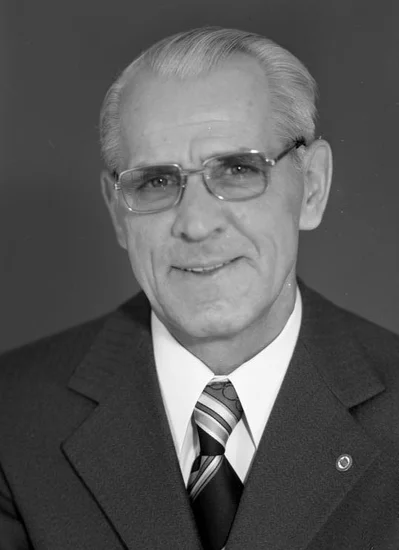
East German politician Willi Stoph passed away decades after serving as Prime Minister during the Communist era. His long tenure shaped East Germany’s economic and political development.
Stoph’s pragmatic approach to governance helped stabilize the East German state during Cold War tensions. His death marked the passing of a generation of Communist leaders who had shaped postwar Europe.
2015 – Günter Grass Dies
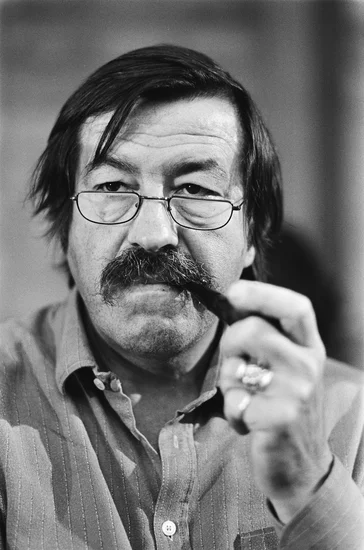
German novelist and Nobel Prize laureate Günter Grass died at age 87 after a controversial but influential literary career. His breakthrough novel “The Tin Drum” established him as a major voice in postwar German literature.
Grass’s works confronted Germany’s Nazi past with unflinching honesty and dark humor. His later revelation of his own wartime service in the SS sparked debates about moral authority and historical memory.
2015 – Eduardo Galeano Dies
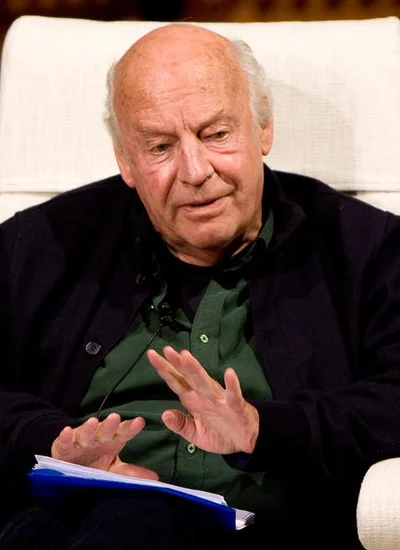
Uruguayan journalist and author Eduardo Galeano passed away after decades of influential political and social writing. His works chronicled Latin American history from the perspective of the oppressed and marginalized.
Galeano’s “Open Veins of Latin America” became a classic of dependency theory and anti-imperialist literature. His poetic style and passionate advocacy for social justice inspired generations of activists and writers.
2008 – John Archibald Wheeler Dies
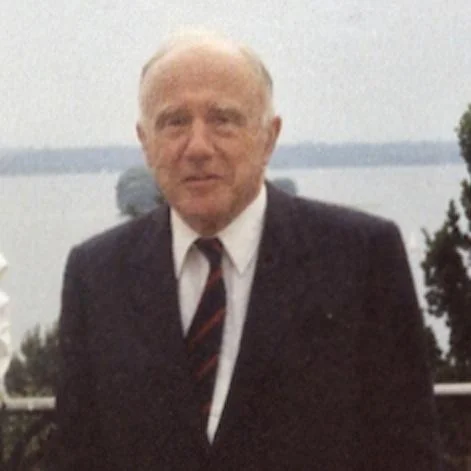
American physicist John Archibald Wheeler died after a groundbreaking career in theoretical physics. His contributions to quantum mechanics and general relativity advanced understanding of fundamental physical processes.
Wheeler coined the term “black hole” and mentored numerous future Nobel Prize winners. His work on nuclear fission also contributed to the Manhattan Project during World War II.
2022 – Michel Bouquet Dies
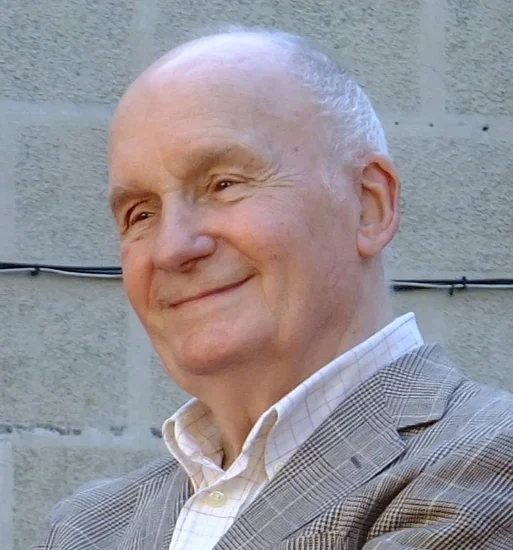
French stage and film actor Michel Bouquet passed away at age 96 after a distinguished career spanning seven decades. His versatile performances earned him recognition as one of France’s greatest character actors.
Bouquet’s collaborations with directors like Claude Chabrol and François Truffaut produced memorable cinematic moments. His theatrical work maintained classical French dramatic traditions while embracing contemporary innovations.
Holidays and Observances on April 13
Songkran Festival Celebration
April 13 marks the traditional beginning of Songkran, Thailand’s most important festival celebrating the Buddhist New Year. Communities throughout Thailand prepare for water ceremonies and religious observances that continue for several days.
The festival combines ancient Buddhist traditions with joyful water fights and family gatherings. Songkran represents spiritual cleansing and renewal as people wash away the previous year’s misfortunes and welcome new beginnings.
Vaisakhi Observance
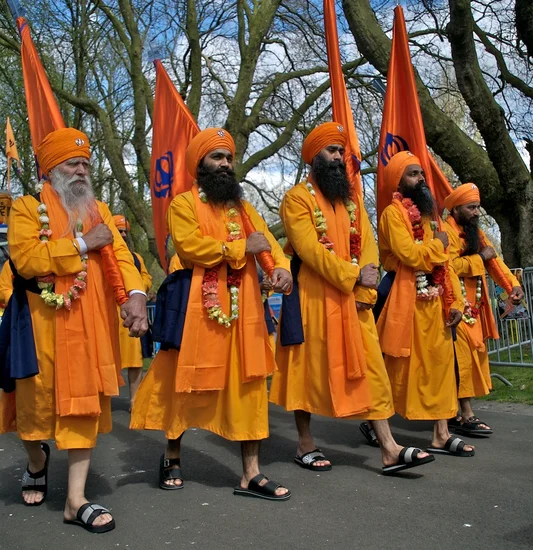
The Sikh festival of Vaisakhi occasionally falls on April 13, commemorating the founding of the Khalsa by Guru Gobind Singh in 1699. This harvest festival holds special significance for Sikh communities worldwide.
Celebrations include religious processions, community meals, and traditional music and dance. The festival reinforces Sikh values of service, equality, and spiritual devotion through communal activities and charitable works.
Christian Feast Days
April 13 honors several Christian saints including Ida of Louvain and Margaret of Castello. These feast days provide opportunities for prayer, reflection, and community worship in Catholic and Orthodox traditions.
Religious communities commemorate these saints through special masses and devotional practices. The observances connect contemporary believers with historical examples of Christian faith and service.
